Zeaxanthin is a yellow pigment of the xanthophyll group, belongs to the oxygen-containing carotenoids and is an isomer of lutein.
Zeaxanthin is contained in the chromoplasts of the cells of corn kernels and buckthorn fruits as well as marigold flowers. It is found everywhere along with lutein.
Synthesized by plants to absorb light and protect against damage from excessive UV rays.
Zeaxanthin enters the human body with food and accumulates in the eye tissue (macula). It can also be synthesized in eye tissues from lutein.

The synthetic substance zeaxanthin, which is an orange-red crystalline powder, is obtained from plant materials by extraction. Red marigold flowers are processed using a screw press to reduce the water content, then dried, grinded into flour, granulated and oleoresin (which contains zeaxanthin) is obtained by hexane extraction. The resulting crystals were purified and separated by filtration, then dried with hot air.
Natural food sources of zeaxanthin are primarily bright yellow vegetables and fruits, as well as dark green leafy vegetables. In addition to corn, zeaxanthin is present along with lutein in the following foods:
paprika, saffron, carrots, citrus fruits, cantaloupe, pumpkin, some red fruits, green salad, broccoli and brussels sprouts, pistachios, etc.
Zeaxanthin is also used in food preparation as a natural colorant and food additive.
The benefits of zeaxanthin for the human body

Protection of the macula of the eyes from age-related macular degeneration (increases the optical density of the macular pigment), reducing the risk of developing age-related blindness.
Minimizing the destructive effect of free radicals on cell membranes.
Protects the eyes from the harmful effects of ultraviolet radiation and blue rays (absorbs blue light, acts as internal sunglasses).
Improvement of night vision and improvement of visual acuity in general (contributes to better contrast, reduction of blind spots, recovery from exposure to bright light).
Lack of zeaxanthin can lead to visual impairment, especially with our daily use of electronic devices whose bright screens contribute to visual impairment.

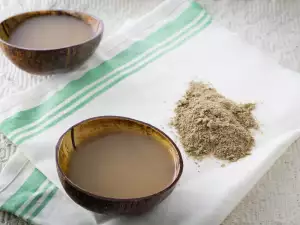



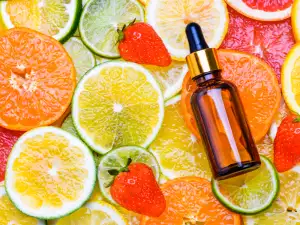
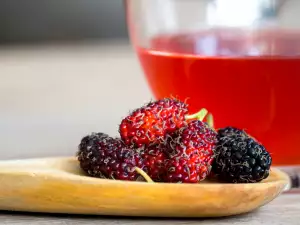
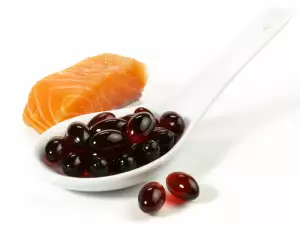

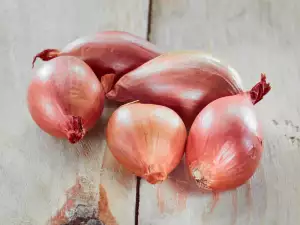

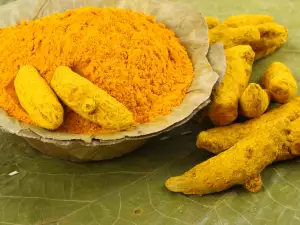


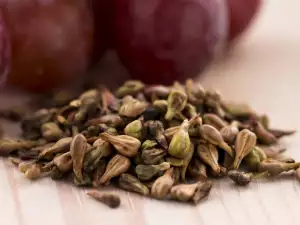




Comments